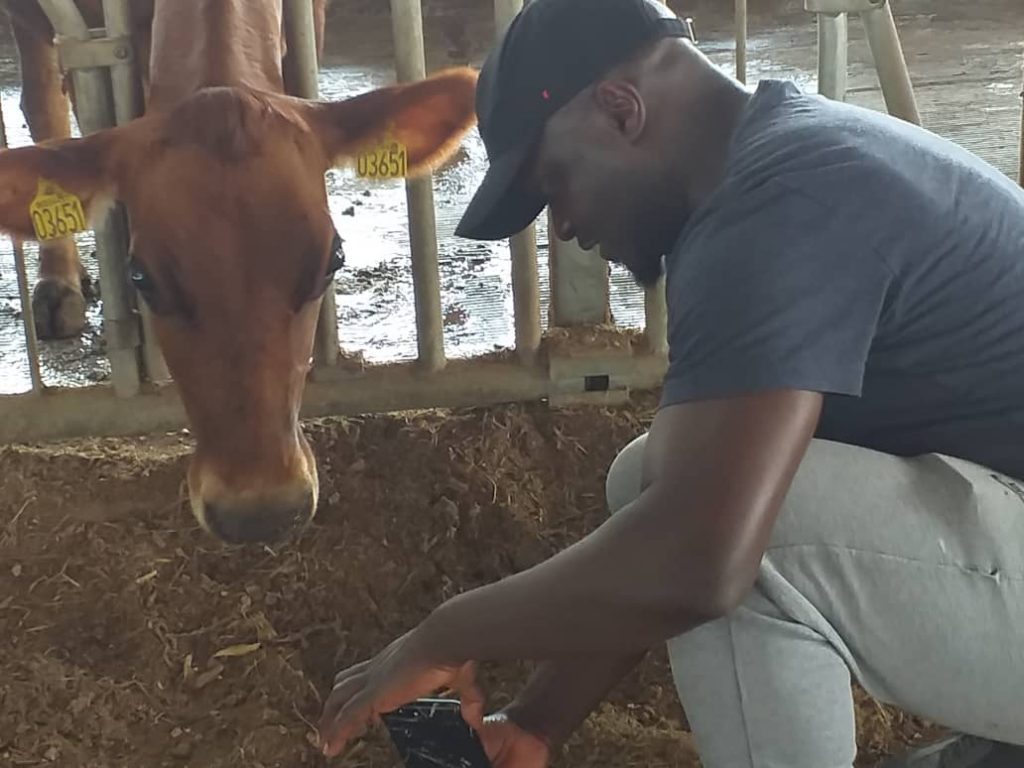The National Agricultural Research Organization (NARO) is the apex body for guidance and coordination of all agricultural research activities in the national agricultural research system in Uganda. NARO is a Public Institution established by an act of Parliament, which was enacted on 21st November 2005. According to the 2019 TUWW Summit that was held at NARO on Friday 2nd /August 2019 has portrayed the level at which Uganda has reached in Agriculture. The 2019 TUWW summit aimed at sensitizing the role of Agricultural Research in the Social-economic transformation of Uganda. Notably, the study put emphasis on entrepreneurial bridging, the case for an entrepreneurship ecosystems’ based approach to Uganda’s agro-business revolution. And also the requisite funding triggers in the agricultural sector, an analysis of the FY2019/2020 Budget.
Research
Unexpectedly, Uganda’s success in using agriculture for development and inclusive growth is no longer a dream depending on NARO’S visual research attributes. According to Red Pepper, the National Agricultural Research Organization (NARO) is a story of hope to the country. In this case, NARO has improved all agricultural sectors such as crop production whereby they the Tissue culture and transformation laboratory is flawlessly set. Modern livestock farming, fishing and others are all in a desirable position.
Agriculture being the backbone of Uganda’s economy, employing 70% of the population, and contributing half of Uganda’s export earnings and a quarter of the country’s gross domestic product (GDP).
NARO’s success in this sector is a great impact on the economy and development of the country. According to NARO, the rising population and growth of incomes have increased the demand for food and agro-processed products.
This is putting increased pressure on the environment amid frequent and severe climate conditions, made worse by the continued dependence on rainfed agriculture, combined with poor agricultural practices, low technological adoption, and more others. Therefore, NARO has a solution to farmers in Uganda based on their proved research that will definitely improve the lives of farmers and the country at large.
Success
Livestock healthy has been improved; the burden of ticks and tick-borne disease is estimated at UGX 3 trillion annually. Three anti-tick vaccines were found effective for management of Brown ear, Bont-legged and Blue ticks. East cost fever, Heart water and Red water are the most common tick-born diseases in livestock. Notably, efficacy of 4 acaricides against blue ticks generated following resistance to synthetic Pyrethroids in Eastern &Western regions, and to Amidines in the West.
Improved dairy production, forage proteins and press cake extracted from Alfalfa and Napier grass boost milk production per cow per day by 30% translating to annual income per cow of UGX 8,424,000/= and this is one of the best achievements of NARO. 8 and 2 tons of dairy and calf pellets, respectively, produced & distributed in Masaka, Gayaza, Gulu, Soroti, Hoima, Kajjansi, Nakyesasa, Bukomansimbi and Kampala. Two pellet production sites launched in Hoima & Gulu. A field based kit developed and tested to detect udder microflora in dairy animals.
More so, NARO has improved the indigenous chicken by increasing tolerance to diseases and a higher growth rate. Tolerant to diseases, higher growth rate and feed utilization. Cocks and hens attain 2.5 and 2 Kg in 6 months respectively. Similar weight is attained in 1 year for unimproved chicken.
Furthermore, NARO Replaced fish meal by poultry diets by 16%. Cost of production of 1 KG of green protein is UGX 700 compared to UGX 4500 for fish. At a replacement rate of 16%, the farmer saves UGX 100 per KG of feed resulting into a total saving of UGX 500 per bird. Lowering feed costs enhances profitability of livestock enterprises. NARO has Improved Apiculture Value-Chain, Developed capacity to extract bee venom. Physiochemical characterization of beeswax, propolis and venom. Physiochemical characterization of beeswax, propolis and venom. Food and non-food applications
NARO has enhanced Fish-Value Addition Market, Diversification of fish products: sausages, chops, fish-powder, and dried production among others. Diversification of fish products: sausages, chops, fish-powder, dried production among others. The levels reduced from 40,000 ppb of carcinogenic compounds of PAHs to average 0.88 ppb, which is below the recommended levels set by WHO and European Union 5 ppb and 2 ppb respectively.
Challenges
Besides bringing change and development in Uganda, NARO is facing challenges along their an ending research and these include the following: Operating in a project rather than program budget support. Timely response to effects and impacts of climate change and variability.
Dependence on donor leading to skewed research agenda. Inability to effectively retain highly trained and specialized staff due to low remuneration. Inadequate staffing level, to address the continuously changing research landscape, due to wage bill ceiling provided. Delayed passage of the Bio safety bill into law. Land grabbing, encroachment and reallocation.
Future plans
However, during The Uganda We Want (TUWW) summit at Namulonge head offices, NARO revealed its future plans that dwell in continuing to improve research infrastructure for accelerating availability of cutting edge science-based agricultural solutions. Centralized lab facilities that respond to emergencies. Accreditation and certification of NARO labs. Generating internal revenues to support agricultural research. Biotechnology products advancement.
